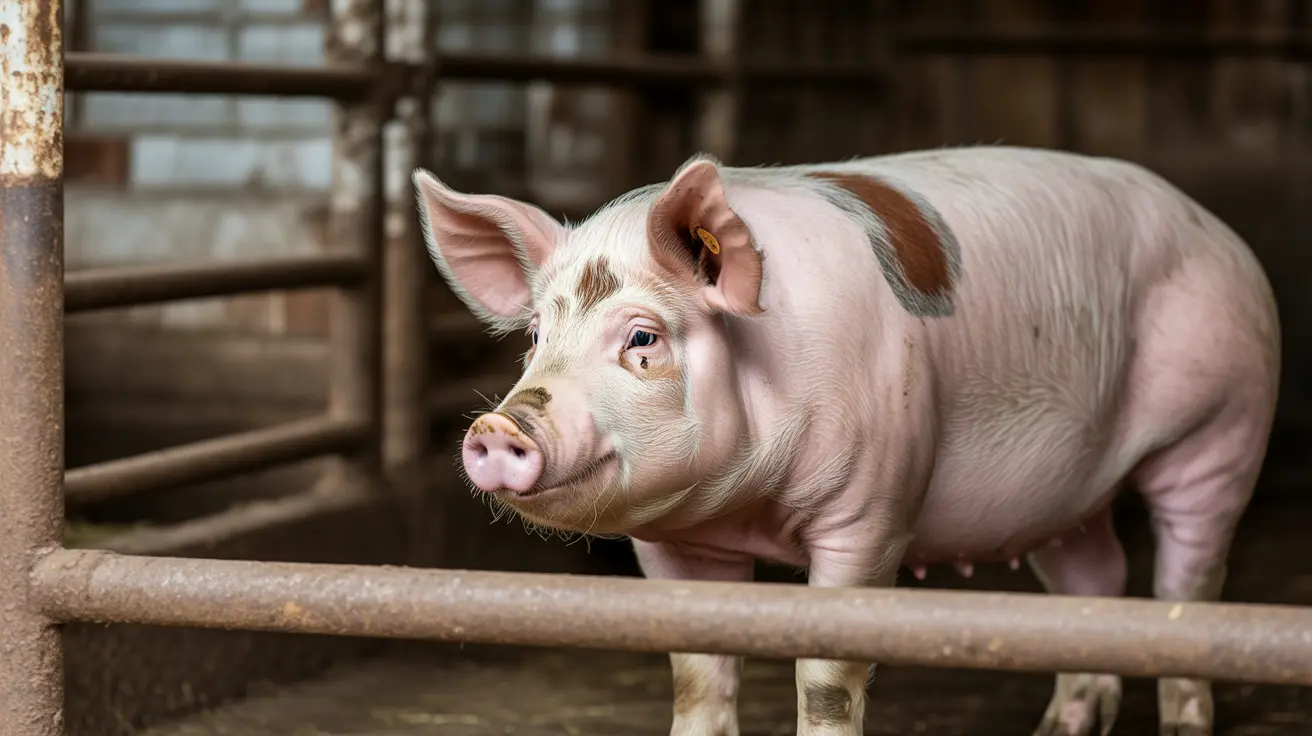Understanding the Temperament of the Bernese Mountain Dog
The Bernese Mountain Dog, also known by names like Berner Sennenhund or Bouvier Bernois, is a large, sturdy breed that traces its ancestry to Roman mastiff-type dogs and was historically used as an all-purpose farm dog in the Swiss Alps. Developed in the canton of Bern, these dogs were versatile helpers: they herded livestock, pulled carts, guarded property, and offered companionship to Swiss farmers.
Temperament and Behavior
Contrary to the question posed, the Bernese Mountain Dog is not considered an aggressive breed. In fact, they embody the opposite characteristics. Berners are:
- Gentle and affectionate with family members
- Loyal and devoted, often bonding deeply with one person
- Good-natured, patient, and incredibly tolerant with children
- Reserved but not aggressive toward strangers
- Social creatures that thrive on companionship
These attributes make them ideal pets for families, especially those with children or other pets.
Training and Socialization
Berners are intelligent and eager to please, which makes them relatively easy to train. However, their large size means it's crucial to begin training and socialization early. Positive reinforcement methods work best, as this breed is sensitive to harsh treatment.
Exercise and Activity Needs
While not a high-energy breed, Bernese Mountain Dogs do need consistent activity to stay healthy and happy. Recommended daily physical engagement includes:
- 30–60 minutes of walks
- Outdoor play sessions
- Hiking or trail excursions in cool weather
- Cart-pulling activities (drafting)
They also thrive in dog sports like agility, obedience, drafting trials, and herding events.
Grooming Requirements
With their thick, double-layered coat, Berners shed profusely throughout the year—particularly in spring and fall. Essential grooming tips include:
- Weekly brushing during regular shedding periods
- Daily grooming during peak seasons
- Regular nail trims, ear cleaning, and dental care
Health Considerations
Although they bring immense joy to owners, Bernese Mountain Dogs come with several health challenges due to genetics and size. Common issues include:
- Cancers: especially histiocytic sarcoma and lymphoma
- Hip and elbow dysplasia
- Bloat (GDV)
- Arthritis, eye diseases, and skin allergies
- Other concerns: Wobbler's syndrome, mange, mobility issues
Their average lifespan is 6–10 years, although some may live longer with proper care. It’s important to source puppies from reputable breeders who conduct extensive health screening to reduce risks.
Environmental Needs and Lifestyle
Bernese Mountain Dogs are best suited for homes that offer:
- Spacious outdoor areas — not ideal for apartment living
- Cooler climates — they can overheat easily
- Close human connection — they dislike being left alone
- Indoor living with family — not meant to be backyard dogs
Often dubbed as “gentle giants,” these dogs are happiest when fully integrated into daily family life. Their typical behaviors, like leaning on their owners or seeking cuddles, are a testament to their affectionate nature.
Roles and Activities
Due to their intelligence and gentle disposition, Bernese Mountain Dogs are capable participants in:
- Therapy and emotional support work
- Search and rescue operations in mountains or snow
- Competitive dog sports
Final Considerations for Prospective Owners
While not aggressive, Berners require careful attention in certain areas. Key takeaways include:
- Select breeders who prioritize health and longevity
- Begin training and socialization early
- Invest in pet insurance to manage medical costs
- Provide consistent companionship and affection
- Prepare for the demands of grooming and exercise
In conclusion, if you're looking for a family-friendly, loyal, and loving companion—and you're equipped to handle their health and grooming needs—the Bernese Mountain Dog is far from aggressive and can be a truly cherished addition to your household.





